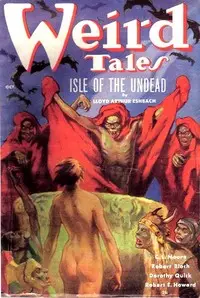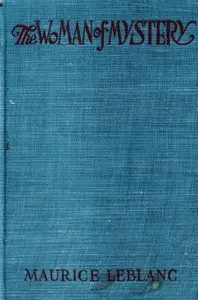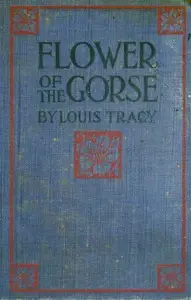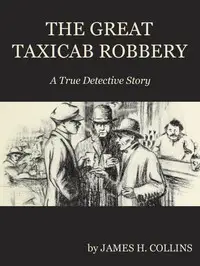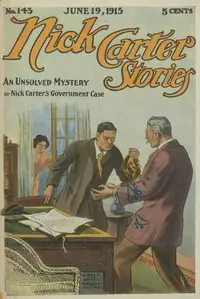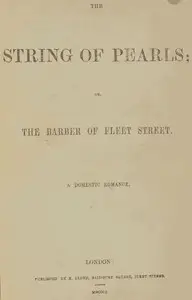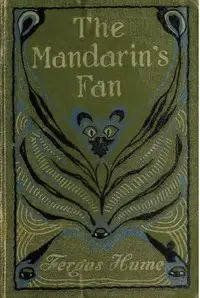"Behind the Bronze Door" by William Le Queux is a mystery novel set in London after a war. The city's high society is shaken by a string of disturbing events, including suicides and strange deaths, leaving everyone on edge. Mrs. Cora Hartsilver is dealing with her husband's suicide, and now she is struggling with feelings toward an important man who is mixed up in the recent string of tragedies. The story begins with Cora and her husband, Henry Hartsilver, talking about the newest high society death in the news. Henry doesn't seem to care about the tragedies, but Cora is upset because she knew one of the victims, this big difference in how they feel hints at problems to come, and highlights love, loss, and difficult choices as the characters get caught up in a mystery connected to the hidden secrets of their social group. The story suggests that relationships will change, and secrets will come out as the mystery keeps going.
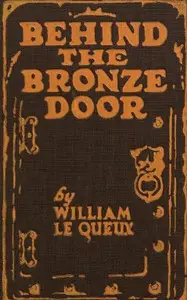
Behind the bronze door
By William Le Queux
Amidst a wave of suicides and inexplicable deaths in London's high society, one woman finds herself entangled in a web of secrets, love, and moral dilemmas following her husband's devastating end.
Summary
About the AuthorWilliam Tufnell Le Queux was an Anglo-French journalist and writer. He was also a diplomat, a traveller, a flying buff who officiated at the first British air meeting at Doncaster in 1909, and a wireless pioneer who broadcast music from his own station long before radio was generally available; his claims regarding his own abilities and exploits, however, were usually exaggerated. His best-known works are the anti-French and anti-Russian invasion fantasy The Great War in England in 1897 (1894) and the anti-German invasion fantasy The Invasion of 1910 (1906), the latter becoming a bestseller.
William Tufnell Le Queux was an Anglo-French journalist and writer. He was also a diplomat, a traveller, a flying buff who officiated at the first British air meeting at Doncaster in 1909, and a wireless pioneer who broadcast music from his own station long before radio was generally available; his claims regarding his own abilities and exploits, however, were usually exaggerated. His best-known works are the anti-French and anti-Russian invasion fantasy The Great War in England in 1897 (1894) and the anti-German invasion fantasy The Invasion of 1910 (1906), the latter becoming a bestseller.



